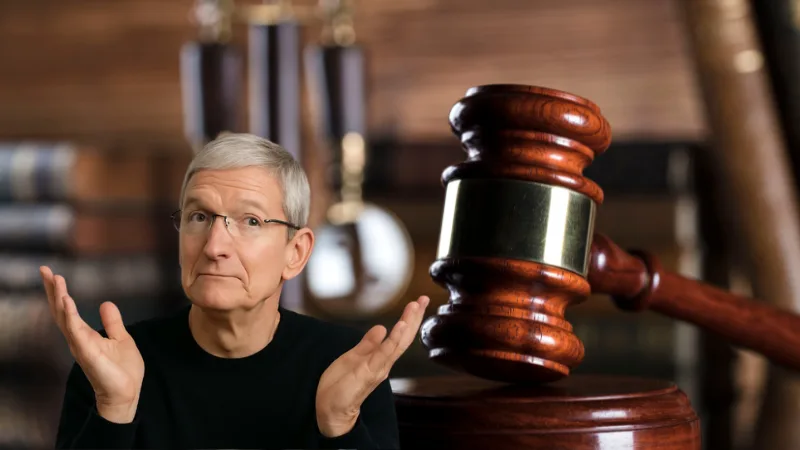Apple has agreed to a $95 million settlement in response to allegations that its voice assistant, Siri, recorded users’ private conversations without consent. This class-action lawsuit, known as Lopez v. Apple Inc., claims that Siri-enabled devices were unintentionally activated, capturing confidential discussions and potentially sharing them with third parties. Although Apple denies any wrongdoing, the company has opted to settle to avoid prolonged litigation.
Free Today: Passive Income Strategies for 2025
Smart investors know passive income isn’t just nice to have — it’s critical in times like these. This FREE guide reveals proven dividend stocks and REITs that can help you build steady income with less stress. Discover simple strategies to put your money to work while you sleep…
Download Your Free Guide NowUnderstanding the Allegations
The lawsuit centers on claims that Siri, Apple’s voice-activated assistant, was inadvertently triggered on devices such as iPhones, iPads, MacBooks, Apple Watches, HomePods, iPod touches, and Apple TVs. Users allege that these unintended activations led to the recording of private conversations, which were then shared with third-party contractors for analysis. Some plaintiffs reported receiving targeted advertisements shortly after discussing specific topics near their devices, suggesting that their conversations had been monitored.
These concerns were amplified by a 2019 report from The Guardian, which revealed that Apple contractors had access to sensitive audio recordings from Siri, including personal and medical information. In response, Apple suspended the program and emphasized its commitment to user privacy, stating that Siri data has never been used for marketing purposes or sold to advertisers.
Eligibility Criteria
You may be eligible for a portion of the settlement if you meet the following conditions:
- You owned or purchased a Siri-enabled Apple device between September 17, 2014, and December 31, 2024.
- You experienced at least one unintended Siri activation during a private or confidential conversation.
- You are a resident of the United States or its territories.
Eligible devices include:
- iPhones
- iPads
- Apple Watches
- MacBooks
- iMacs
- HomePods
- iPod touches
- Apple TVs
How to File a Claim
To participate in the settlement, you must submit a claim by July 2, 2025. Here’s how:
- Visit the Official Settlement Website: Go to lopezvoiceassistantsettlement.com
- Submit Your Claim: If you received a notice via email or postcard with a Claim ID and Confirmation Code, use these to file your claim. If not, you can still submit a claim by selecting “New Claim” and providing the necessary information, including your name, address, and details about your Siri-enabled devices. WIRED
- Provide Device Information: You’ll need to attest under penalty of perjury that you experienced an unintended Siri activation during a private conversation. You may be asked to provide the serial number or model of each device.
- Choose Your Payment Method: Select how you’d like to receive your payment—options include physical check, electronic check, or direct deposit. NBC Chicago
Potential Compensation
Eligible claimants can receive up to $20 per qualified device, with a maximum of five devices per person, totaling up to $100. The actual amount may vary depending on the number of valid claims submitted. WIRED
Timeline for Payouts
A final approval hearing is scheduled for August 1, 2025. If the settlement is approved and no appeals are filed, payments will be processed promptly thereafter. However, if there are appeals, the distribution of funds may be delayed.
Implications for Investors
For investors, this settlement underscores the importance of data privacy and the potential financial implications of privacy-related lawsuits. While the $95 million settlement represents a small fraction of Apple’s vast resources, it highlights the growing scrutiny tech companies face regarding user data handling. Investors should monitor how companies address privacy concerns and implement measures to protect user information, as these factors can influence public perception and, consequently, stock performance.
Conclusion
The Apple Siri class action lawsuit settlement offers eligible users a chance to claim compensation for potential privacy violations. By understanding the eligibility criteria and following the steps to file a claim, you can ensure you receive any funds you’re entitled to. This case also serves as a reminder of the broader implications of data privacy in today’s digital landscape, both for consumers and investors. The US Sun





